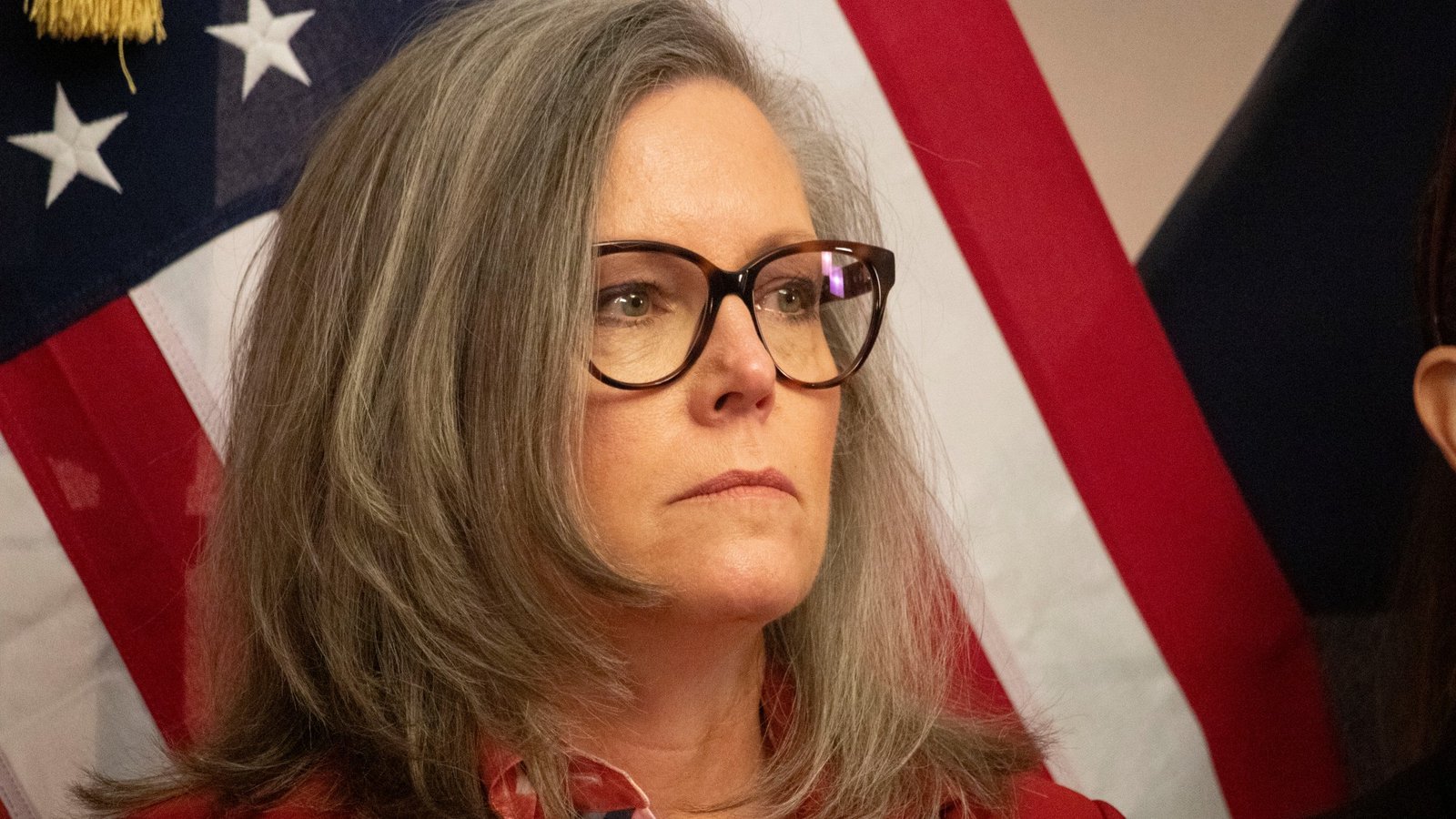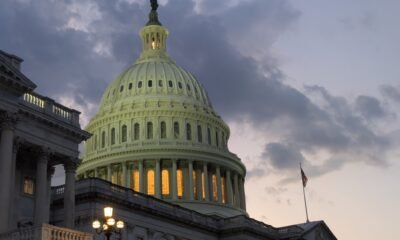Affordable Care Act
Hobbs Urges Congress to Block Trump’s Tax Bill for the Survival of Rural Hospitals

Arizona Governor Katie Hobbs is calling on the state’s congressional delegation to reject the latest iteration of a bill proposed by President Donald Trump, which is currently pending in the U.S. House of Representatives.
This plea aligns Hobbs with a diverse coalition of voices from various political factions, all urging Congress to reconsider the bill unless substantial amendments are made. In a letter sent on July 1, Hobbs emphasized the dire implications of the bill, stating, “Any version that strips health care from hundreds of thousands of Arizonans, cuts nutrition assistance for working families, and threatens rural hospitals is unacceptable.”
The House previously passed a version of the bill, supported primarily by Arizona’s GOP representatives, with the exception of David Schweikert. Schweikert missed the vote, citing he had fallen asleep but indicated he would have voted in favor. A more restrictive amended version passed the Senate earlier this week and requires another House vote before reaching Trump’s desk.
Trump’s administration is pushing for the passage of the bill by July 4. Meanwhile, three of Arizona’s GOP Congress members—Andy Biggs, Eli Crane, and David Schweikert—have expressed reservations about certain provisions within the House’s version, despite initially supporting it. Biggs notably criticized the bill’s projected increase to the federal deficit, stating that many in the House are dissatisfied.
The vote in the House was delayed on Wednesday after several Republicans, including Biggs, refused to support the Senate version. In her letter, Hobbs echoed concerns voiced by major hospital systems and social service agencies regarding the bill’s detrimental effects. “They are not exaggerating,” she cautioned, insisting that the proposed measures would lead to loss of critical healthcare access and food assistance, ultimately resulting in suffering and even death.
The legislation seeks to reduce Medicaid funding for low-income individuals and those with disabilities while transferring significant costs of the Supplemental Nutrition Assistance Program (SNAP) to state governments. The Congressional Budget Office estimates these cuts could add $3.4 trillion to the federal deficit over the next decade.
Hobbs argues that the imposition of work requirements for Medicaid and SNAP recipients will create bureaucratic obstacles that hinder access rather than genuinely encourage employment. She estimates that as many as 220,000 Arizonans could lose Medicaid coverage due to these changes, impacting those most in need, such as individuals with disabilities and chronic illnesses.
The Arizona Health Care Cost Containment System (AHCCCS) anticipates a one-time cost of $80 million and ongoing annual costs of $87 million related to the bill. Approximately 2.2 million individuals, or nearly 28% of Arizona’s population, rely on Medicaid and AHCCCS for healthcare.
The ramifications extend beyond those directly utilizing these programs, as the bill would also cut funding for the Affordable Care Act’s Medicaid expansion, which concerns rural hospitals that serve a significant number of low-income patients. Experts predict that these funding reductions could cost Arizona healthcare providers billions annually.
Governor Hobbs forewarned, “Labor and delivery units will close,” adding that essential health services would be dismantled. “Arizonans will require longer travel for both routine and emergency care.”
Further exacerbating concerns, the federal budget reconciliation bill would shift substantial costs to the state—a matter that has prompted alarm from lawmakers on both sides during deliberations on the Arizona state budget, which Hobbs signed into law on June 27.
Republican Rep. Teresa Martinez previously voiced fears regarding the potential impact of these federal cuts on rural hospitals, urging for careful consideration in state budgeting. As Hobbs pointed out, various agencies, including the Department of Economic Security, are also raising alarms about their capacity to absorb federal funding reductions.
“Arizona cannot shoulder these additional costs,” Hobbs stated, warning of inevitable reductions in food assistance impacting various vulnerable communities across the state.
Arizona’s U.S. Senators, Mark Kelly and Ruben Gallego, both Democrats, have opposed the bill in the Senate and are encouraging constituents to voice their concerns to their representatives. “We offered amendments to improve this bill but faced outright rejection,” Kelly remarked.
Business leaders in Arizona have criticized the measure for eliminating clean energy tax credits, which are responsible for generating jobs and attracting investments to the state’s energy sector. Alyce Neal, a spokesperson for a Phoenix-based decarbonization company, underscored the importance of these credits in maintaining job security and affordable energy costs.
In her concluding remarks, Governor Hobbs called for a rejection of the bill, asserting, “This legislation endangers our most vulnerable populations, exacerbates the deficit, and offloads unsustainable costs onto Arizona’s taxpayers.”

















